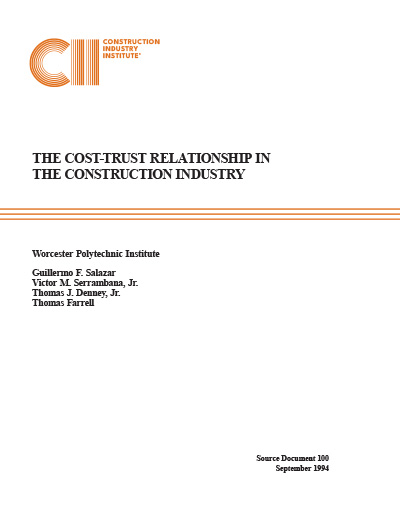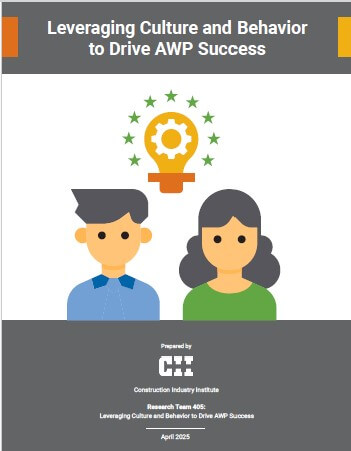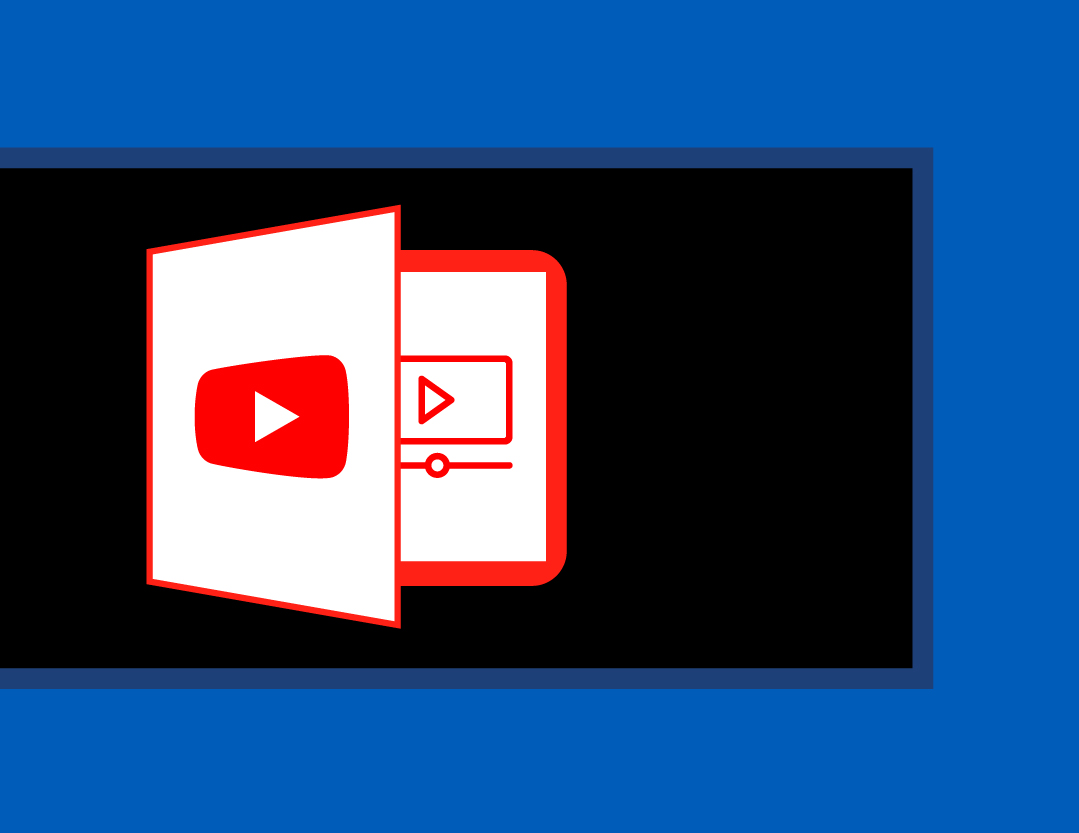
Cost-Trust Relationship
Trust is believed to be a factor in reducing project costs, while a lack of trust in business relationships is thought to be related to inefficiencies and increased project costs. Based on CII research data from 262 projects, the intuitive notion that mutual trust and project cost are correlated is now statistically supported.
In the construction industry, it is important to foster cooperation among project parties. Concepts such as partnering, team-building, cooperative alliances, and alternate dispute resolution are actively promoted by CII. These concepts are becoming increasingly embraced to increase the level of cooperation between project participants.
One of the basic elements of a cooperative relationship is mutual trust. Trust is a salient factor in determining the effectiveness of many relationships. It facilitates interpersonal acceptance and openness of expression. A trusting relationship between the parties is based on a mutual understanding of each other’s capabilities and limitations. It is also based on the personal and corporate integrity of both parties. Trust is a basic ingredient in effective team-building, timely decision-making, and in building long-term relationships.
The CII Contracting Phase II Task Force has conducted research on the relationship between the trust between the parties involved in a construction project and project cost. The task force defines trust as: “the confidence and reliance one party has in the professional competence and integrity of the other party to successfully execute a project in the spirit of open communication and fairness.”
The research identified a list of trust indicators that represent areas of activity in the contracting process where a trusting behavior between the parties can be observed and is important in achieving project objectives. Implemented in a computer program, the research allowed the task force to examine different aspects of trust and the corresponding cost impact on the project.
The research identifies those aspects of the relationship between the parties that provide the greatest project cost savings. Those having the highest cost impact primarily relate to open and honest communications, the professional competence and integrity of the parties, and the willingness to adapt and implement changes for the betterment of the project.
The research has identified a total of 15 major trust indicators that can be observed at different stages of the engineering, procurement, and construction of a project. The level of trust observed for each trust indicator is evaluated independently of the others. The aggregate of trust observed in all trust indicators determined the overall level of mutual trust for the project. A sampling of the Trust Indicators are listed here. Refer to RS24-1 for a complete list.
The research lists 18 cost factors affected by the level of project trust. A sampling are listed here. Refer to RS24-1 for the complete listing:
- Project Team Efficiency
- Timing of Decisions
- Timing of Approvals
- Amount of Rework
- Administrative Costs
- Field Supervision



